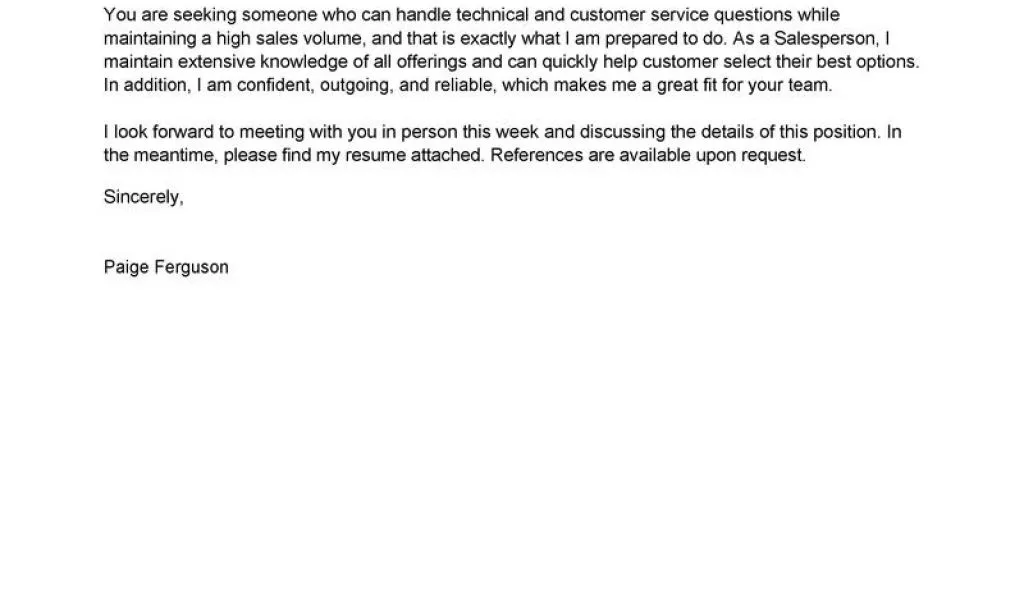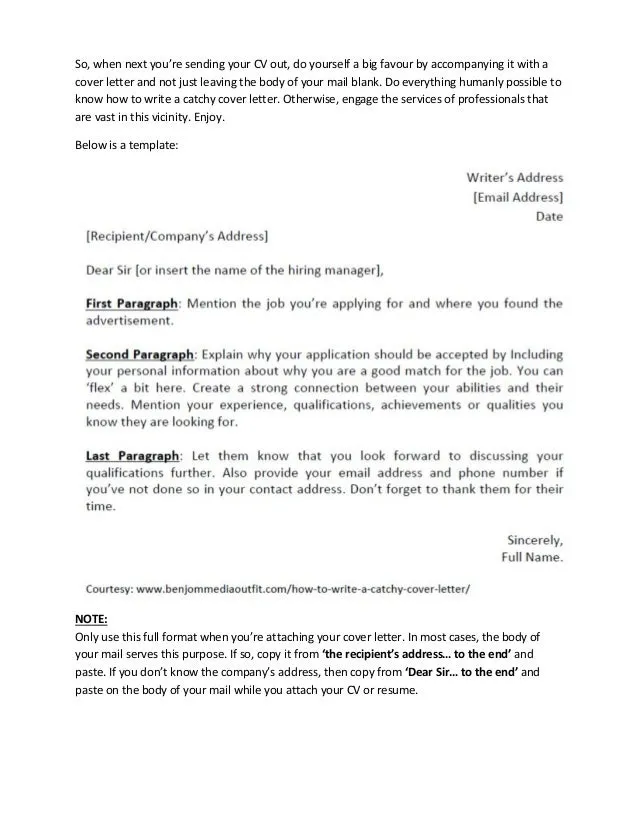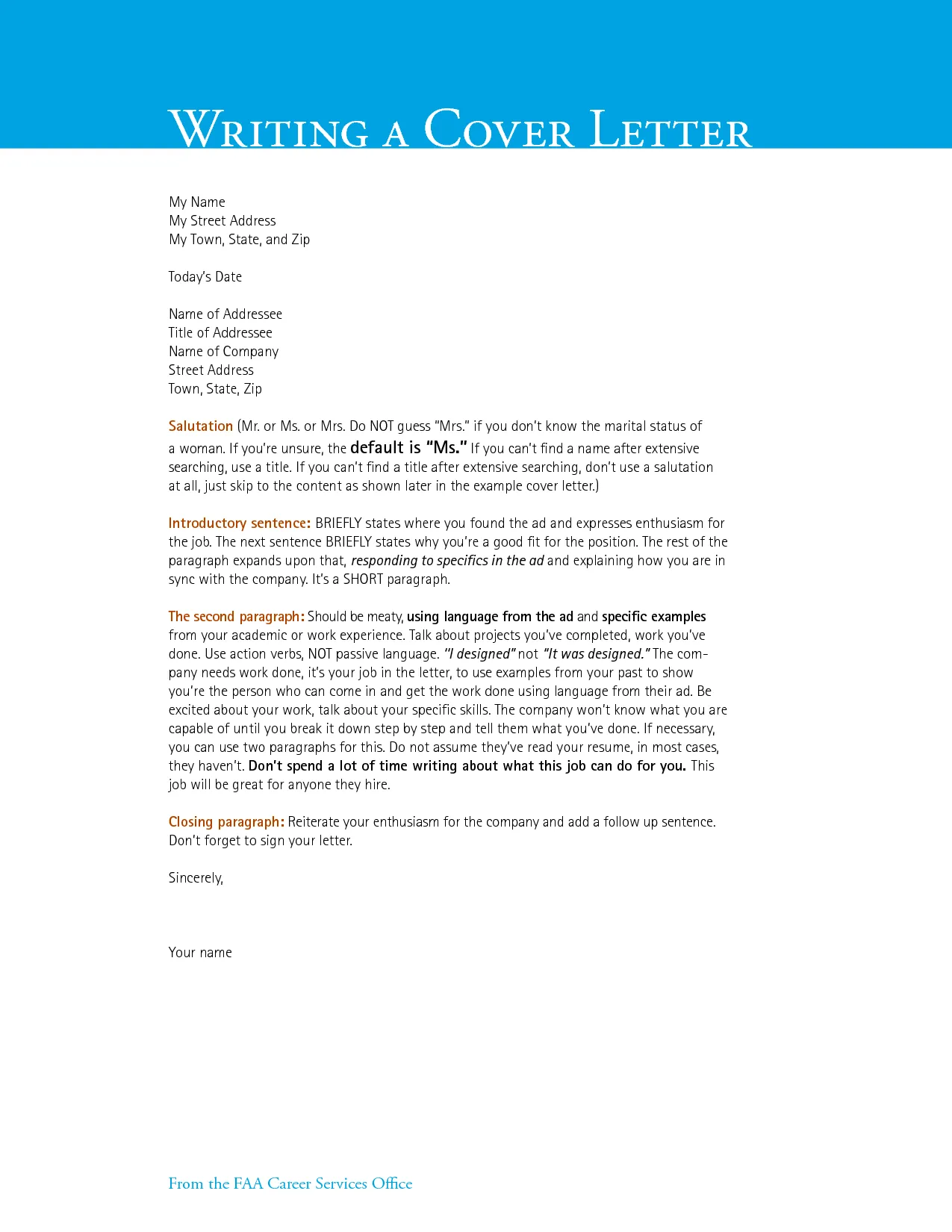Understanding the Cover Letter’s Role
A cover letter serves as your first introduction to a potential employer, even if you already know them. It’s your opportunity to make a strong first impression, highlight your qualifications, and express your enthusiasm for the position. When applying to someone you already know, the stakes are slightly different. You have an existing relationship to leverage, but you must also demonstrate professionalism and a clear understanding of the role and the company. The cover letter should not simply be a rehash of your resume, but rather a targeted document that connects your skills and experiences to the specific job requirements and the company’s needs. It should communicate your value and why you are a suitable candidate for the role, while respecting the existing relationship with the contact.
Cover Letter Best Practices for Known Contacts
When writing a cover letter for someone you know, it’s essential to maintain a balance between professionalism and personal connection. Address the person formally, unless you have a pre-existing casual relationship. Start by mentioning how you know the person, but keep this brief and relevant. Focus on the purpose of the cover letter and the role you’re applying for. Keep the tone positive and enthusiastic, without being overly familiar. Show that you’ve researched the company and understand their mission and values. Use clear and concise language, and make sure your cover letter is free of grammatical errors and typos. Ensure that your contact information is clearly displayed for easy communication and response, especially because they may forward your application.
Highlighting Your Relationship and Value

When you already know the hiring manager, you have an advantage in showcasing your value beyond just your skills. Briefly mention your existing connection, but don’t overdo it. For example, you could say ‘As someone who has known you for [X years/through Y organization], I have always been impressed by your leadership at [Company Name]’. This shows you’ve built a good impression and have respect. Focus on how you can bring value to the company by highlighting the skills and experience that align with the job requirements. When the hiring manager knows you, you can also refer to your experience working with them directly, or indirect observations of their work. This can be very important, especially in the early stages of application.
Tailoring Your Letter to the Specific Role
Customizing your cover letter for each application is crucial, especially when applying through a contact. Review the job description carefully and identify the key requirements. Then, write a cover letter that directly addresses how your skills and experiences match those requirements. Use specific examples to illustrate your accomplishments and how you’ve demonstrated those skills in the past. Avoid using a generic cover letter. This shows that you’re serious about the position and have taken the time to understand the role. This is critical when applying through a connection, as it demonstrates respect for their time and the opportunity.
Showcasing Relevant Skills and Experience
Your cover letter is an opportunity to highlight your skills and experience in a way that’s relevant to the job. Use the STAR method (Situation, Task, Action, Result) to provide concrete examples of your accomplishments. Quantify your achievements whenever possible. For instance, instead of saying ‘Managed social media accounts,’ say ‘Increased social media engagement by 30% in six months by implementing a new content strategy.’ Focus on skills that are mentioned in the job description and tailor your examples to show how you’ve used those skills in the past. This helps demonstrate your ability to perform the job and your value to the company.
Mentioning Mutual Connections Strategically

If you and the hiring manager share mutual connections, mentioning them can add credibility and strengthen your application. However, do this strategically. Start by mentioning who introduced you to the person or the opportunity. Then, briefly mention any other mutual connections, such as professional contacts or former colleagues. This can provide a positive endorsement and validation of your character and work ethic. It also helps to build an immediate connection, especially in the early stages of an application, where a warm introduction can assist with moving forward, beyond the pile of unqualified applications.
Demonstrating Enthusiasm and Genuine Interest
Expressing your enthusiasm and genuine interest in the role is critical to a compelling cover letter. Research the company and the specific role to demonstrate why you’re interested in the opportunity. In your cover letter, express your passion for the company’s mission, values, and culture. Explain why you’re excited about the specific role, what appeals to you about it, and how you can contribute to the team’s success. The key here is to be sincere and show that you have given thought to why you want to work for the company. Share how the role aligns with your career goals. This can be very important to the company, as there are many applications to review.
Including a Clear Call to Action
Conclude your cover letter with a clear call to action. This tells the hiring manager what you expect. State that you’re looking forward to discussing the opportunity further. Express your availability for an interview and provide your contact information. Make it easy for the hiring manager to take the next step. End with a professional closing, such as ‘Sincerely’ or ‘Best regards’. In your closing, reiterate your interest in the role and thank the person for their consideration. This reinforces your application and encourages them to move forward.
Proofreading and Refining Your Cover Letter

Before submitting your cover letter, meticulously proofread it for any errors. Check for typos, grammatical mistakes, and formatting inconsistencies. Ensure your language is clear, concise, and professional. If possible, have a trusted friend or colleague review your cover letter as a second pair of eyes to catch any mistakes. A polished cover letter demonstrates attention to detail and professionalism, which is critical when applying for a job. Ensure that all your relevant details such as contact information and the job that you’re applying for are correctly displayed.
